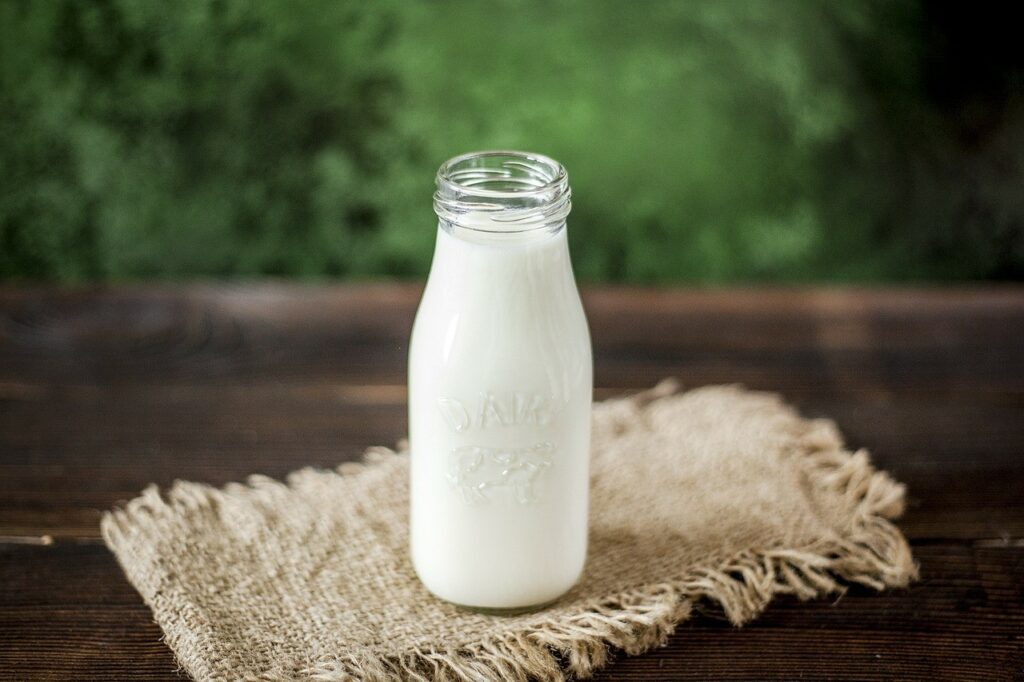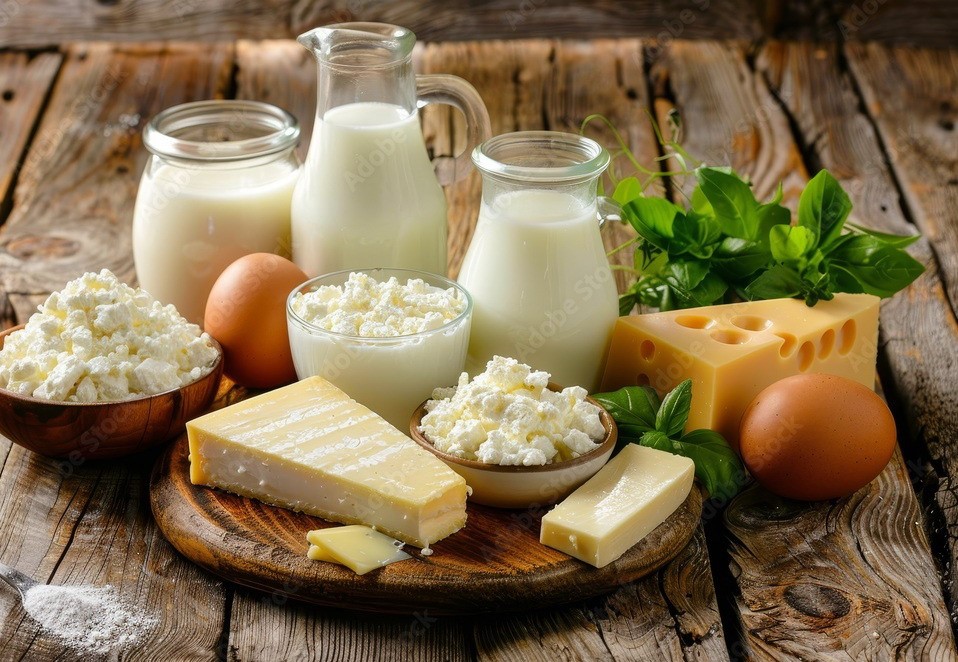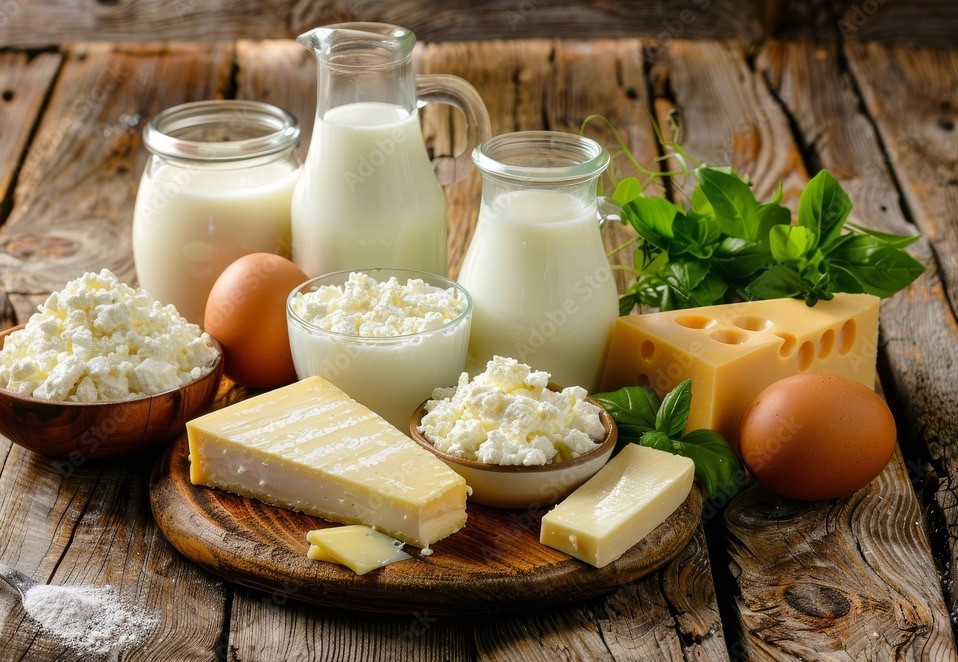
LACTASE ENZYME
Application of Lactase Enzyme:
Food Industry: Lactase enzymes have numerous industrial applications, particularly in the dairy industry. They are used to hydrolyze lactose in milk and dairy products to improve their digestibility, sweetness, and flavor. Lactase enzymes enable the production of specialty dairy products with specific characteristics, such as extended shelf life, improved flavor, and texture.

Activity: 10000 ALU/GM to 100000 ALU/GM (Activity level can be customized as per customer’s requirement).
PROTEASE ENZYME
Applications of Protease Enzymes:
Food Industries: Protease enzymes are commonly utilized in the baking industry for a range of reasons, including making bread, pastries, crackers, and waffles. They offer advantages like cutting down on mixing time, adjusting dough consistency, ensuring gluten strength in bread, and enhancing texture and taste. Protease enzymes are used in the production of yogurt and other fermented dairy products to enhance texture and flavor. Protease enzymes are also used in the processing of whey, a by-product of cheese production, to hydrolyze whey proteins and improve their functionality.

Activity: 10000 IU/GM to 100000 IU/GM (Activity level can be customized as per customer’s requirement).
Detergent Industry: Protease enzymes work really well at getting rid of protein-based stains like blood, sweat, grass, and food leftovers. They focus on breaking down the peptide bonds in proteins, which helps break them down into smaller pieces that can be washed away more easily. This makes protease enzymes super helpful in getting rid of stubborn protein stains and making laundry detergents work even better. Protease enzymes can also help prevent dinginess and yellowing of fabrics caused by the accumulation of protein-based soils over time.

Activity: 10000 IU/GM to 100000 IU/GM (Activity level can be customized as per customer’s requirement).



